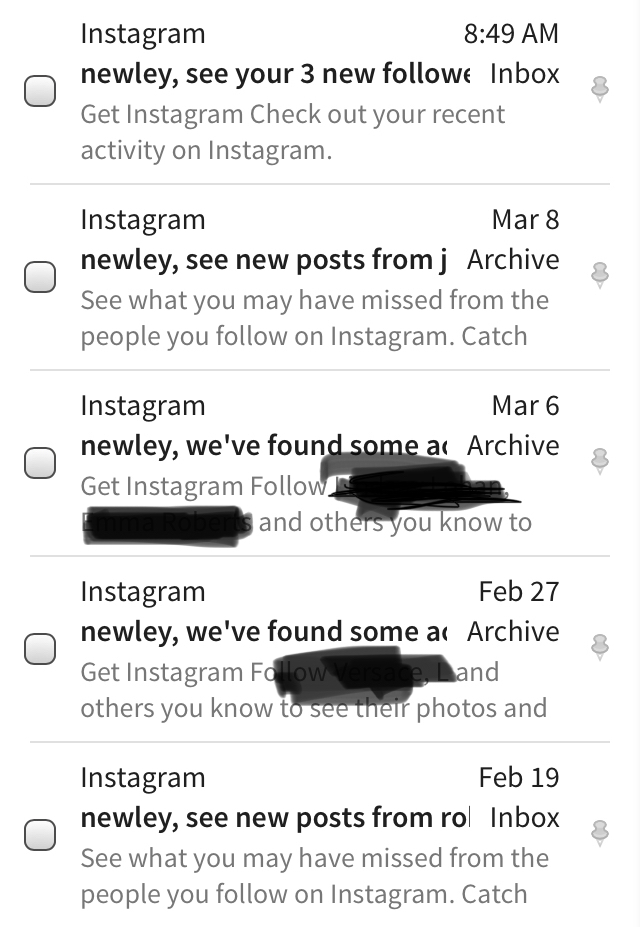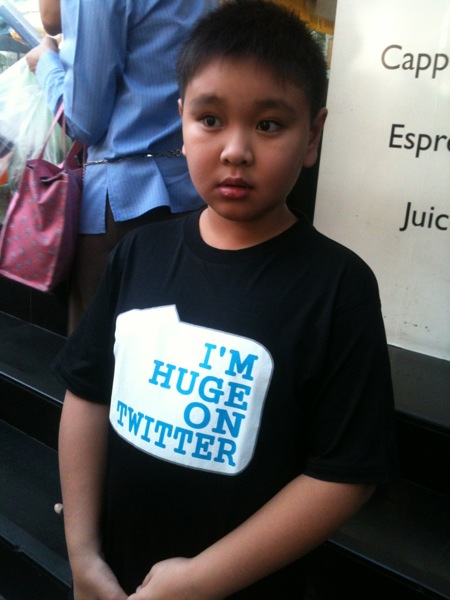
Around February 15 – about month ago – I decided I would delete the Facebook and Instagram apps from my iPhone.
I haven’t quit these services entirely, and at this point don’t immediately intend to (I can still view both via a browser).
But I wanted to take a break given all I’ve been reading lately about how social media apps are engineered to hijack our attention in order to keep serving us ads. (What about Twitter? I have no plans to abandon the app for now, as its enormously helpful for following the news.)
I’d heard about people receiving plaintive emails and even text messages from these platforms attempting to get them to re-engage. So I figured I’d document my experience here.
While I’ve received some emails from Facebook, Instagram, especially, really seems to want me back. And I’m not even a power user, much less an “influencer.” I have several hundred followers, but less than a thousand.
Anyway, above are the five emails I’ve received from the service since I last opened the app. I also received two text messages, spaced just a few days apart, roughly two weeks into my hiatus:


Stay tuned. I may update this post as I receive more messages. Assuming Instagram hasn’t given up on me yet…






